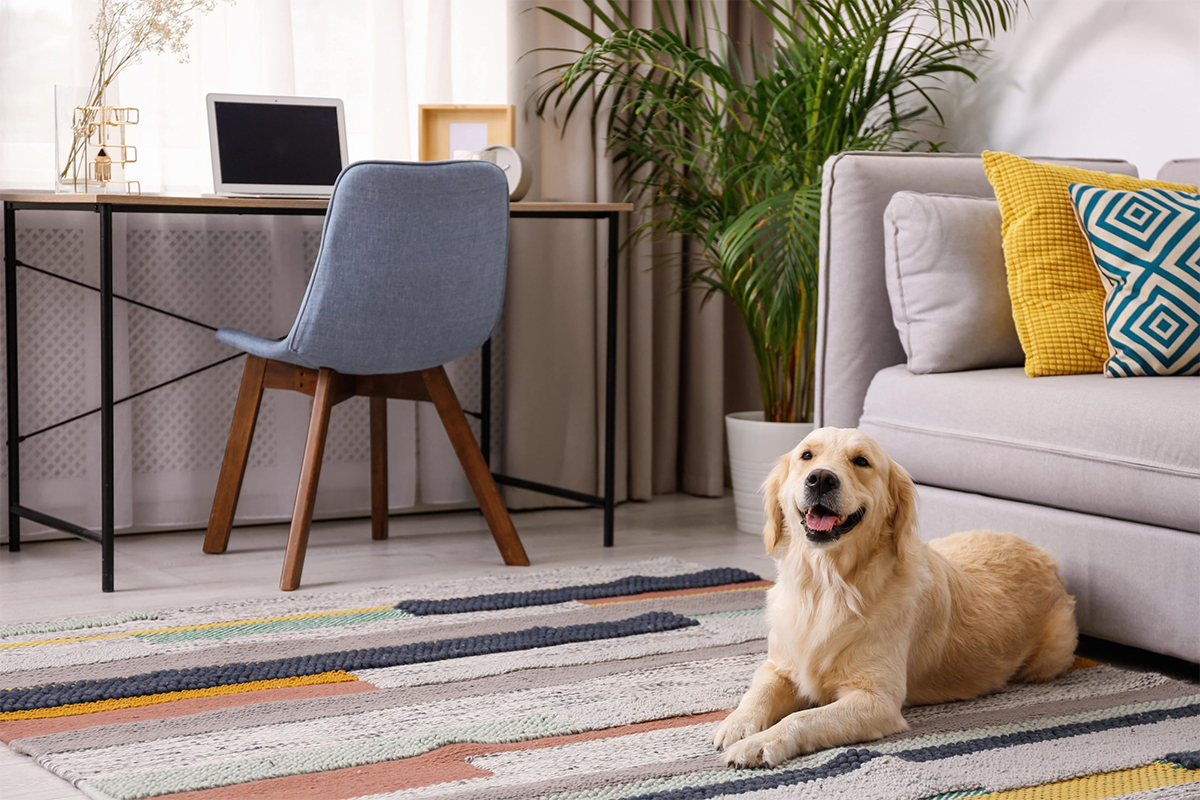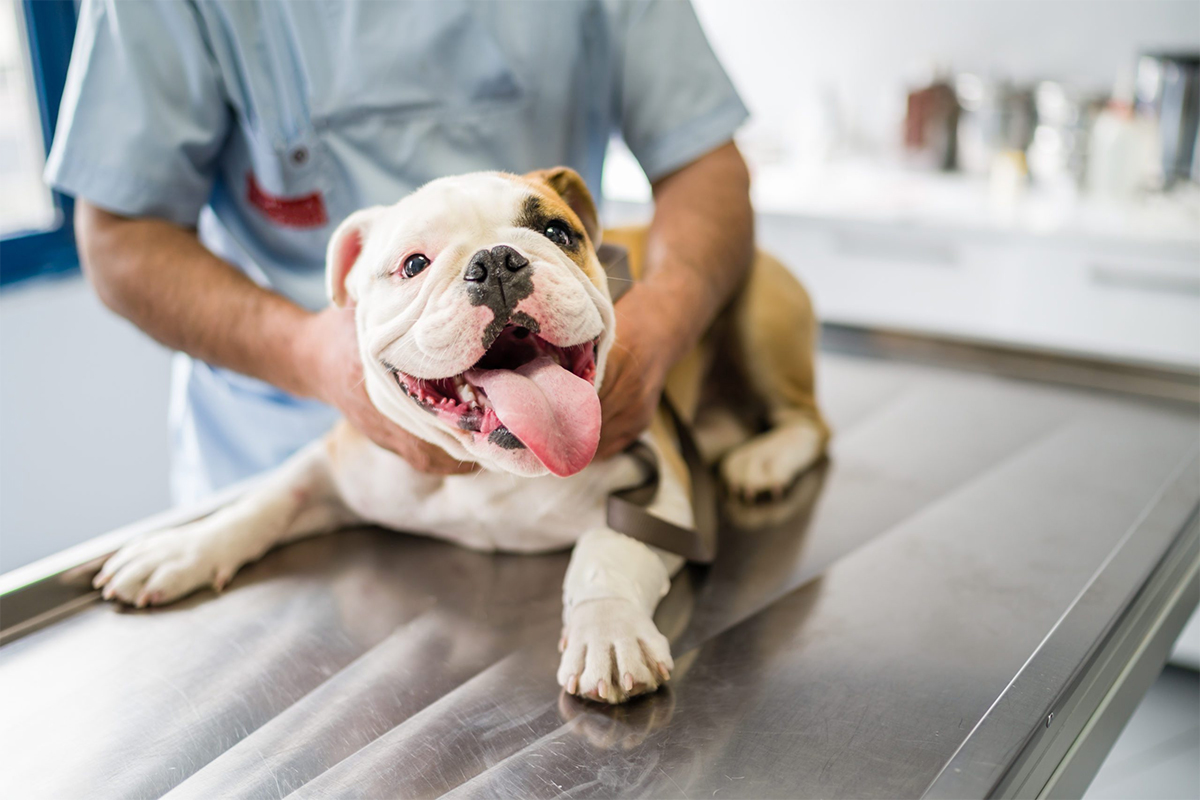If you and your future former spouse both want to keep your dog after the divorce, continue reading to find the answers you need.
Personal and Marital Property in Florida
Custody of the dog in a divorce requires a discussion of personal and marital property. Personal property refers to assets or possessions that are owned individually by one spouse. These items are typically acquired before the marriage, through inheritance, or as individual gifts. Marital property includes assets or possessions acquired during the course of the marriage, which are owned jointly by both spouses.
The criteria used to determine whether a pet is considered personal or marital property in Florida divorces can vary. Factors such as who acquired the pet, who primarily takes care of the pet, and which spouse has a stronger emotional bond with the pet may be taken into account. Prenuptial or postnuptial agreements that address pet ownership may also be considered.
During a divorce in Florida, the concept of equitable distribution comes into play. This means that marital assets, including pets, are divided in a fair way, although not necessarily equal, based on various factors like the duration of the marriage and the economic circumstances of each spouse.
Custody of the Dog After a Divorce in Florida
When a married couple seeks divorce, one issue that may arise is determining custody arrangements for any shared pets. In Florida, pets are considered property which means they are subject to the same legal principles that govern the distribution of assets during divorce proceedings.
Dogs as Marital Assets
When a pet is brought into the marriage, it is generally considered to be separate property of the spouse who acquired it before the marriage. In such cases, the court may view the dog as the individual’s personal property and award ownership accordingly. If the dog was obtained during the course of the marriage, it is more likely to be considered a marital asset subject to division.
Courts may consider who primarily cared for the dog, as well as who played a significant role in its daily routines and activities. Couples must also note that some jurisdictions have started recognizing the concept of joint pet ownership, similar to the joint custody of children. In such cases, the court might order shared custody, and visitation rights, or even require the parties to create a detailed pet custody agreement outlining responsibilities for each spouse post-divorce.

Factors Considered in Determining Custody for a Dog
When it comes to determining dog custody, there are several factors that need to be carefully considered. Pets are often seen as cherished family members, and determining who gets custody of them can be an emotionally charged and complex process. To make fair and well-informed decisions, courts and individuals must take into account various factors that can influence what is in the best interest of the dog and the pet’s overall well-being.
The Bond Between the Pet and Each Spouse
The bond between each spouse and their dog is a critical factor that courts consider when making decisions. In many cases, one spouse may have a stronger bond with the dog than the other, which can influence the court’s decision. [1]
If one spouse is solely responsible for feeding, walking, and grooming the dog, it indicates a stronger bond with that spouse. The court may consider who spends more quality time with the pet, providing love, attention, and emotional support.
Courts may evaluate the history of each spouse’s care for the pet. If one spouse has consistently been the primary caregiver, it suggests a stronger bond and sense of responsibility towards the pet. This can be demonstrated by factors such as veterinary visits, training efforts, or previous ownership responsibilities.
Ability to Care for The Dog Post-Divorce
Financial stability plays a vital role in providing for the pet’s needs, such as food, veterinary care, and grooming. Both parties should demonstrate the ability to meet these financial obligations consistently. Availability for exercise and companionship is another essential factor.
Dogs require regular exercise to maintain good physical health and mental stimulation. Each party will be assessed regarding whether they have the time and commitment to provide daily exercise and playtime for the dog.
Living arrangements are key in determining the suitability of dog custody post-divorce. The home environment should be safe, spacious, and suitable for the dog’s species and breed. Factors such as the size of the yard, proximity to parks or walking trails, and any potential hazards will be taken into account.
If you need assistance from a family law attorney in getting your pet’s custody contact our experienced attorneys at Sacks & Sacks today to discuss your case. We understand the importance of your pet’s well-being and will work diligently to ensure that their best interests are protected during the divorce process.

FAQ
Q. Can we create a shared custody agreement for our dog in Florida?
While Florida law does not formally recognize pet custody agreements in the same way as child custody agreements, divorcing couples are free to create their own agreement regarding their pet. This can include arrangements that resemble shared custody, visitation schedules, and financial responsibility for the pet’s care. It’s important to include such agreements in the divorce settlement.
Q. What if we cannot agree on who gets the dog in our divorce?
If the divorcing parties cannot agree on who gets the dog, the court may make the decision as part of the property division process. The judge may consider various factors to determine which party is more closely bonded with the pet, who has primarily taken care of the pet, and the living arrangements of both parties post-divorce.
Q. Are emotional bonds considered when determining the custody of a dog in Florida?
While emotional bonds between the pet and its owners can be considered, the primary legal framework treats pets as property. This means that emotional considerations might influence a judge’s decision but are not the sole determining factor. The court may consider the well-being of the pet and which party can provide a stable and loving environment. [1]
Source
[1] Times-Union, D. C. F. (2009, September 3). Pets are property in divorce. Florida Times-Union. https://www.jacksonville.com/story/news/2009/09/03/pets-are-property-in-divorce/15974819007/


